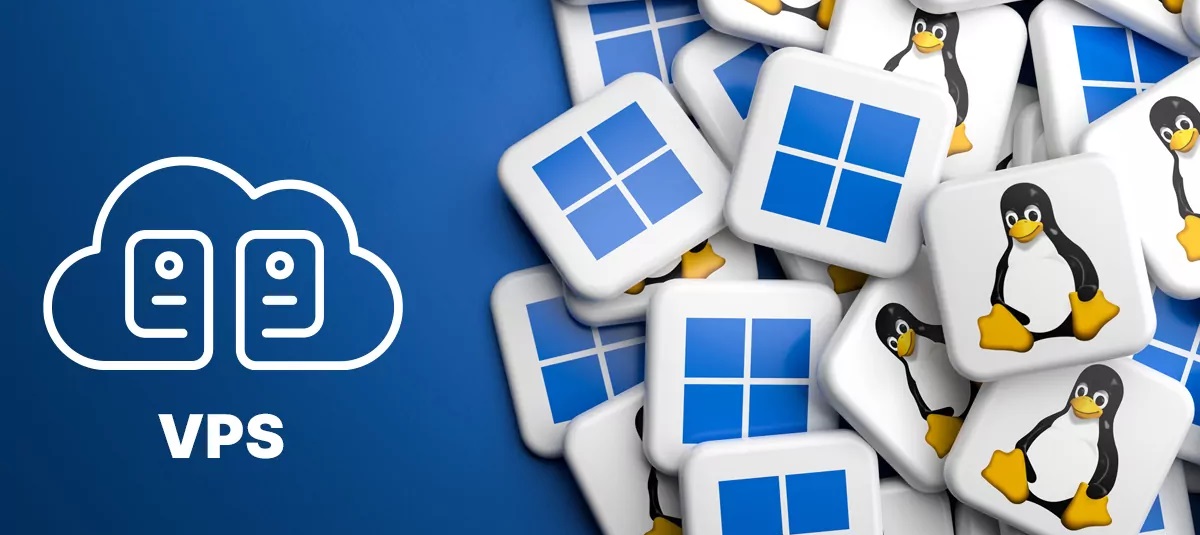
Source: Contabo.com
Introduction
In today's digital landscape, testing and running Android applications in a virtual environment has become crucial for developers and users. Using an Android emulator on a Virtual Private Server (VPS) offers performance, scalability, and flexibility. This guide covers the benefits, installation processes, and best practices for using Android emulators on VPS.
Why Use an Android Emulator on a VPS?
Performance and Scalability
- Enhanced performance with dedicated resources
- Ability to scale resources up or down
- Run multiple emulator instances without overloading local machines
Efficiency in Development and Testing
- Efficient testing across different Android versions and devices
- Run multiple emulators simultaneously for comprehensive testing
- Reduce time and effort in identifying and fixing issues
Security and Isolation
- Enhanced data protection with isolated environments
- Robust security measures like firewalls
- Ideal for handling sensitive information
Multitasking and Productivity
- Run multiple instances and manage various apps simultaneously
- Beneficial for game developers and QA engineers
- Simulate different user experiences on Android virtual machines
Choosing the Right VPS Provider
Performance
- Ensure necessary processing power and memory
- Minimum of 4GB RAM and adequate CPU cores recommended
Scalability
- Choose a provider that allows resource scaling
- Handle varying workloads efficiently
Pricing
- Compare pricing models for cost-effective scalability
- Tiered plans useful for small-scale projects or startups
Global Data Centers
- Opt for providers with data centers close to your target audience
- Ensure low-latency testing for optimal application performance
Popular VPS Providers
- Amazon Web Services (AWS): Scalable solutions, wide range of data centers
- DigitalOcean: Developer-friendly, straightforward setup
- Google Cloud Platform (GCP): Suitable for Android emulation
- Microsoft Azure: Various options with a focus on integration and management
- OnWorks Free Web Servers: Offers various web servers including Ubuntu, Fedora, Linux for free
Installing Android Emulators on VPS
Prerequisites and Requirements
- Reliable internet connection
- VPS subscription from a reputable provider
- Device with SSH client software for remote access
- Basic knowledge of Linux or the installed operating system
Installing NoxPlayer on Windows VPS without GPU
- Download NoxPlayer: Obtain the latest version from the official website.
- Select Custom Installation: Customize settings during installation.
- Adjust Settings for CPU and RAM: Ensure optimal performance without GPU reliance.
- Configure Resolution and Frame Rate: Adjust for smooth operation.
- Complete Installation: Turn off software post-installation and open Multi-Drive.
- Configure NoxPlayer Settings: Set up NoxPlayer without GPU.
Installing Bluestacks on Windows VPS without GPU
- Download Bluestacks: Get the latest version from the official website.
- Start Installation: Follow installation prompts.
- Configure Settings: Optimize performance without GPU reliance.
Common Issues and Troubleshooting
- Upgrade VPS Resources: Consider upgrading RAM or CPU if the emulator runs slowly.
- Adjust Emulator Settings: Lower resolution or frame rate for better performance.
- Optimize Network Settings: Reduce latency by adjusting network settings.
Popular Android Emulators for VPS
NoxPlayer
- Robust and efficient
- Free and paid versions available
- Supports multitasking and multiple instances
Bluestacks
- High-performance capabilities
- Resource-intensive, may require a powerful VPS
- Suitable for intensive Android game applications
MEmu Play
- Versatile with free and paid versions
- Supports multiple instances
- Known for stability and performance
Best Practices for Using Android Emulators on VPS
System Requirements
- Ensure VPS meets minimum requirements (at least 4GB RAM, adequate CPU cores)
Resource Management
- Allocate appropriate CPU cores and RAM to each emulator instance
- Prevent resource overload
Network Optimization
- Optimize settings to reduce latency
- Ensure a stable internet connection
Security Measures
- Implement firewalls and access controls
- Regularly update VPS and emulator software
Multitasking Capabilities
- Utilize multitasking to run multiple emulator instances
- Useful for testing and gaming scenarios
Future Trends in Android Emulation on VPS
Enhanced Cloud-Based Emulators
- Increasing popularity of scalable cloud-based solutions
Integration with CI/CD Pipelines
- Seamless automation of testing and deployment processes
AI-Powered Testing
- Use of machine learning algorithms for automated testing
Increased Focus on Mobile App Security Testing
- Secure environment for testing applications without compromising data security
